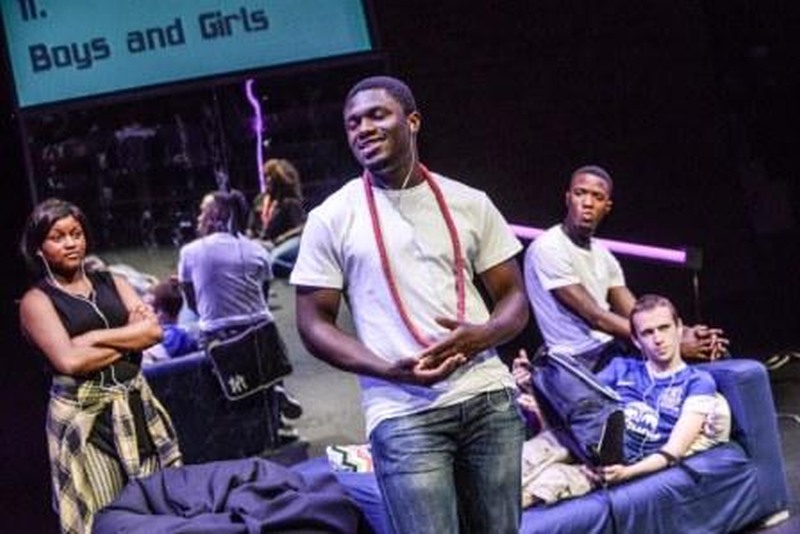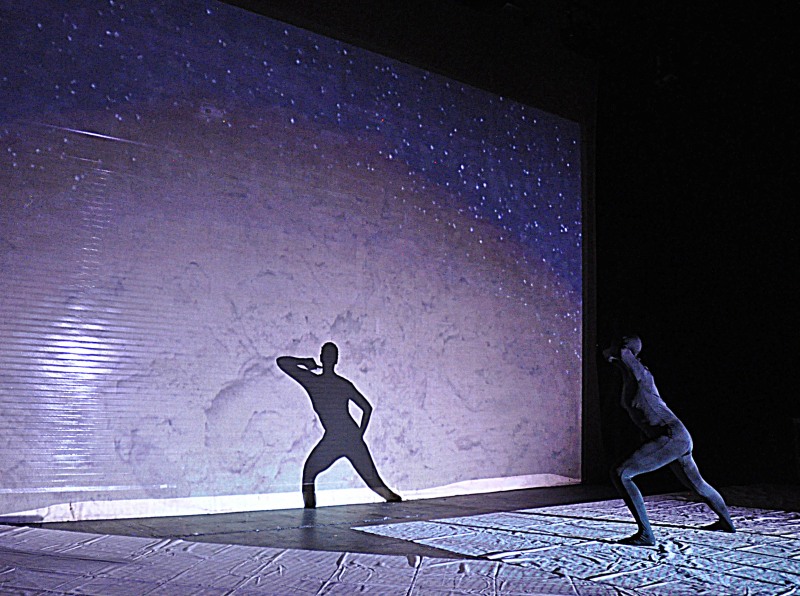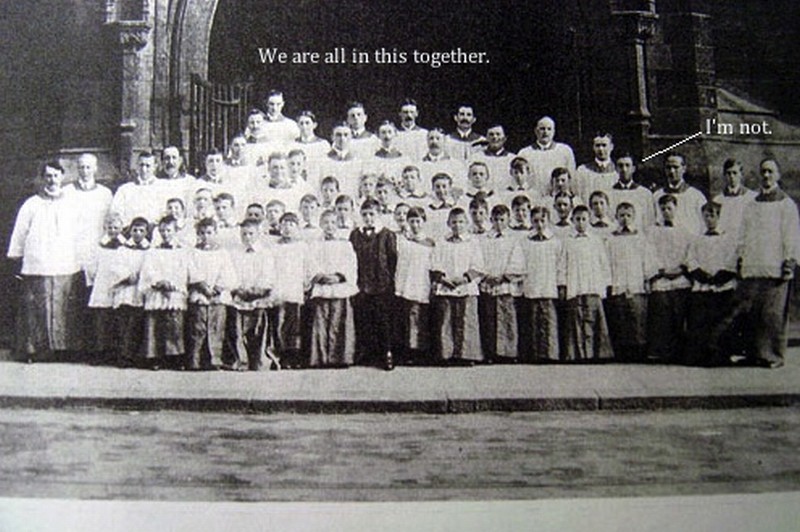 20 Stories High served me a reminder that my preconceived notions about theatre are best thrown in the bin. No one is without prejudice and before the show I thought, Oh dear, this is going to be worthy and predictable, I’ll go in with an open heart sure enough, it’s my job to do exactly that, but I don’t expect to be impressed. I was not impressed. I was totally blown away. This is a brilliant show. Performing each other’s words from headphones and with texts arranged in thematic sections, the actors have the pure charm that comes with enjoying every minute they are on stage. They display excellent timing and bring out the comedy present in their recorded conversations or monologues. The pauses in discussions of difficult subjects such as race and religion show us how hard it is to articulate these issues even as you experience them, making me examine my own thoughts on these subjects. The work is not without some faults, although none of these can be laid at the feet of the performers. There is in the context of the fringe an unnecessary level of formal explanation at the beginning of the show, although it is clear that in a different place it might be more important to inform the audience how what they are about to witness has been created. Then there are a few sections where a quick coda allows both the audience and performers off the hook rather than forcing us to settle into, confront, and then deal with the very real difficulties that have been alluded to. That the stories are handled with sensitivity, as evidenced during the incredible way in which they hold the most difficult personal story present in the show, is a testament to the very practical love that exists between the company members as they fulfil one of the central roles of art: the transmutation of grief into acceptance. This is a wonderfully charming, candid, and thought-provoking show.
20 Stories High served me a reminder that my preconceived notions about theatre are best thrown in the bin. No one is without prejudice and before the show I thought, Oh dear, this is going to be worthy and predictable, I’ll go in with an open heart sure enough, it’s my job to do exactly that, but I don’t expect to be impressed. I was not impressed. I was totally blown away. This is a brilliant show. Performing each other’s words from headphones and with texts arranged in thematic sections, the actors have the pure charm that comes with enjoying every minute they are on stage. They display excellent timing and bring out the comedy present in their recorded conversations or monologues. The pauses in discussions of difficult subjects such as race and religion show us how hard it is to articulate these issues even as you experience them, making me examine my own thoughts on these subjects. The work is not without some faults, although none of these can be laid at the feet of the performers. There is in the context of the fringe an unnecessary level of formal explanation at the beginning of the show, although it is clear that in a different place it might be more important to inform the audience how what they are about to witness has been created. Then there are a few sections where a quick coda allows both the audience and performers off the hook rather than forcing us to settle into, confront, and then deal with the very real difficulties that have been alluded to. That the stories are handled with sensitivity, as evidenced during the incredible way in which they hold the most difficult personal story present in the show, is a testament to the very practical love that exists between the company members as they fulfil one of the central roles of art: the transmutation of grief into acceptance. This is a wonderfully charming, candid, and thought-provoking show.





